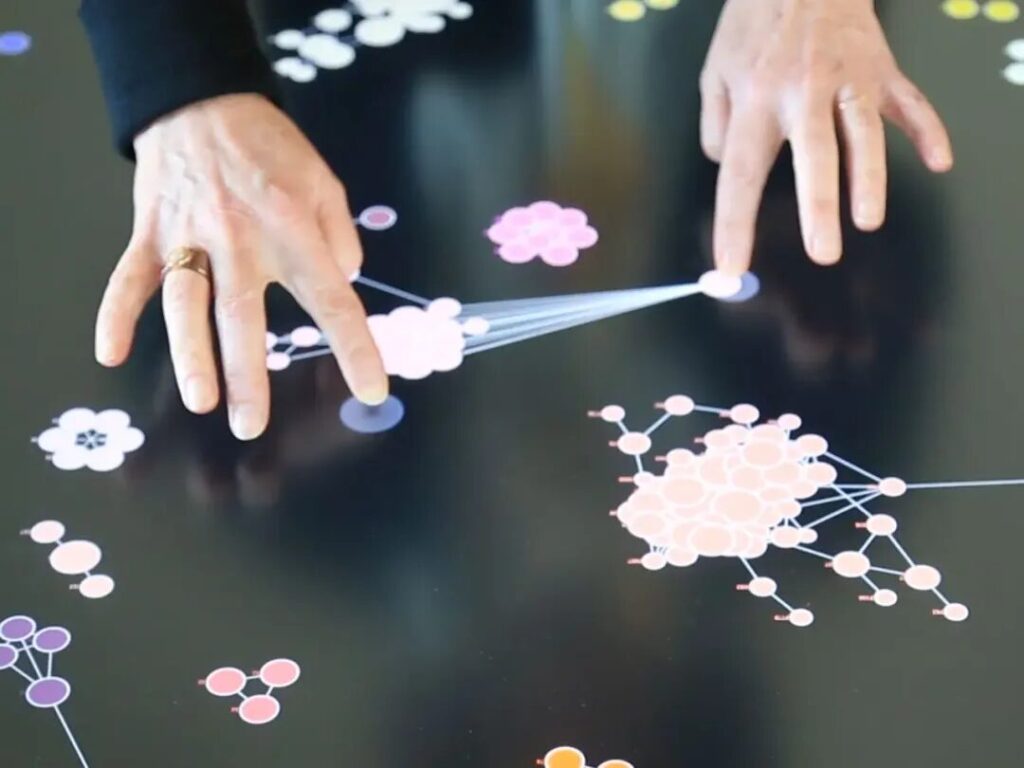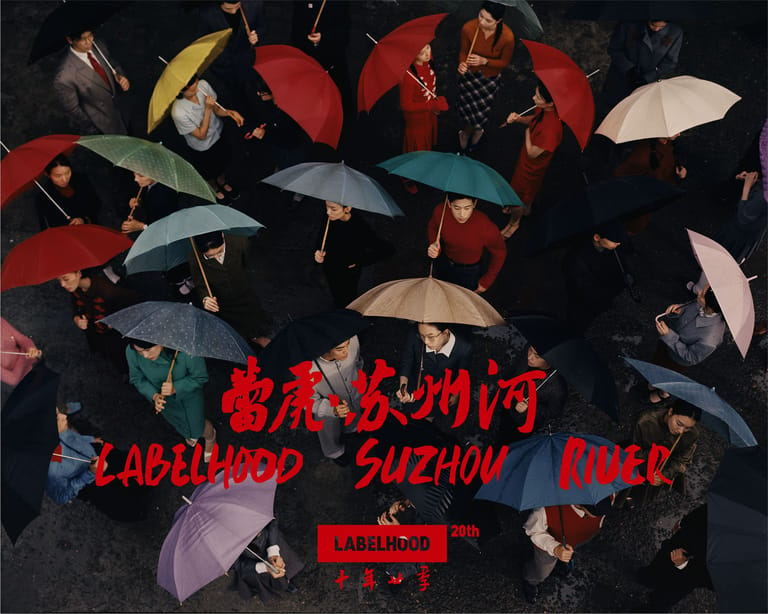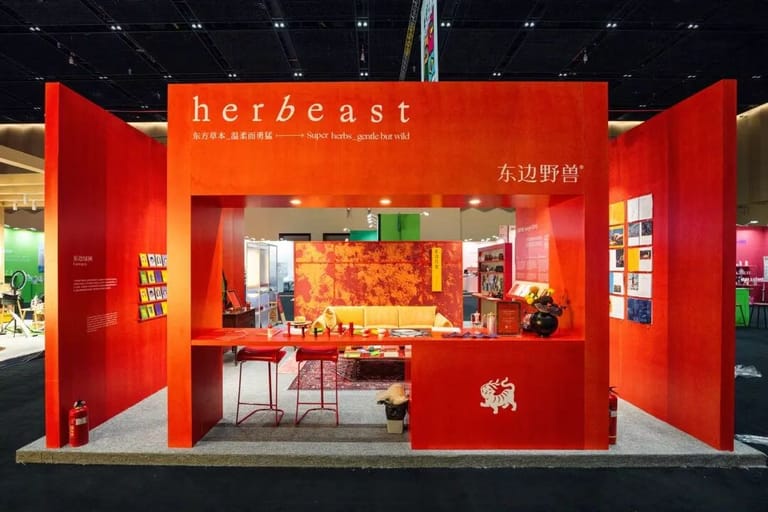Can AI Decode the Soul of Perfumery?

The perfume industry is built on emotion, memory, and storytelling, but the rapid advancement in artificial intelligence could alter how perfumes are created and marketed. But will AI truly become a game-changer, or will it remain a well-packaged gimmick? That’s the question many in the fragrance world are pondering as AI tools move from the lab into the hands of some of the world’s most influential perfumers and beauty conglomerates.
Recently, when asked, “What do you think of AI perfumery?” in a prompt to DeepSeek, one of China’s most advanced AI systems, the response wasn’t just technical—it was analytical, forward-looking, and curiously self-aware. It mapped out both the promises and pitfalls of a fragrance future powered by algorithms.
The numbers tell a compelling story. According to InsightAce Analytic, the global AI beauty and cosmetics market is expected to reach $13.34 billion by 2030, with a compound annual growth rate of 19.7 percent. Future Market Insights forecasts that by 2033, AI adoption will help propel the global fragrance market to $101.3 billion. But what will AI’s role be? Assistant or disruptor? Innovator or imitator?
From Forecasting Trends to Formulating Scents
AI’s most immediate contribution to the fragrance business is its ability to process vast amounts of data in real-time—from consumer preferences and market feedback to molecular structures and evaporation rates.
In 2018, IBM Research collaborated with fragrance house Symrise to debut Philyra, an AI system capable of generating new fragrance formulations based on market insights. “AI can access and process far more data than a human being can,” said Olivier Viejo, VP of Fine Fragrance APAC at DSM-Firmenich.
In January, Tom Ford Beauty launched Bois Pacifique, developed in part using Givaudan’s AI platform Carto—marking Estée Lauder’s first end-to-end application of AI in fragrance development. “New AI models allow perfumers to visualize the performance of each of their creations and compare them,” added Viejo. “It helps them create faster, with fewer trials, the best fragrance that matches our customers’ requirements in terms of performance.”

Such functionality—quick ideation, faster testing, and minimized waste—is particularly valuable for indie brands and smaller fragrance houses that cannot afford lengthy development cycles or excess inventory.
Personalisation at Scale
For a generation of consumers seeking products that reflect their identities, AI may hold the key to unlocking mass personalization. According to a 2023 Statista survey, 56 percent of consumers are more likely to return to retailers offering customized services. Nowhere is that more evident than in the fragrance sector, where customers want their scent to be an extension of self.
“Personalized fragrances are very aspirational for consumers who want to feel they are part of the fragrance creation process and become perfumers for one day,” said Viejo. “In China, we see consumers who are enthusiastic about using perfumes to express their individuality and personalization is a way to stand out with uniqueness. ”
AI could democratize a previously exclusive process. Dutch tech startup ScenTronix’s brand EveryHuman uses AI to generate bespoke fragrances through a system of 46 modular scent “building blocks.” After completing a detailed questionnaire that factors in psychology, sociology, and physiology, customers receive three personalized fragrance options within minutes. They are priced at a relatively accessible 65 euros for a 30-milliliter bottle.
This kind of AI-driven personalization could help smaller brands compete in a crowded market, but is this just a clever application of data or a meaningful shift in how fragrance is created, experienced, and sold?
The Limits of Machine-Made Emotion
The real tension lies in whether AI can grasp the emotional, cultural, and personal layers embedded in fragrance. After all, scent is perhaps the most intimate of all beauty categories. More than mere notes on a formula sheet, scent is a vessel for memory, desire, and identity.
“Current AI models are built on large language models, where success depends on data volume and quality,” said Steve Guo, Senior Perfumer at DSM-Firmenich. “But in fragrance, ‘quality data’ is elusive. People perceive and describe scent in radically different ways, shaped by personal memory and cultural nuance.”
Wu Yue, founder of Notes Shanghai, echoed the sentiment. “Unlike visual recognition, which has definitive outputs, scent is subjective. Each person’s reaction is unique, deeply tied to personal experiences. That’s not something AI can simulate—at least not without a breakthrough in neuroscience.”
Even from a hardware standpoint, the technology is lagging. “Humans recognize over a trillion smells using roughly 400 olfactory receptors. By contrast, even the most advanced e-noses are limited in sensitivity, sensor range, and molecular recognition,” Wu noted.
In the short term, AI’s most viable role may be in functional fragrances—those designed to aid sleep, boost focus, or elevate mood. “An interesting example of what is possible with AI is our EmotiON™ program,” said Viejo. “We combined both our AI capabilities in consumer insights with our extensive research and expertise in neuroscience. Thanks to the EmotiON™ program, perfumers can create wellness fragrances that deliver emotional, psychological and physical benefits with tailored neuroscientific validation.”
A Tool, Not a Threat
While fears of AI replacing perfumers persist, insiders see a different path forward—one where AI becomes a collaborator, not a competitor. “If AI were tasked with formulating perfumes independently, it might produce passable results—but this would be akin to handing a child a few popular fragrances and asking them to blend them together,” said Guo. “The outcome might be interesting, but it would lack the artistry, intention, and emotional depth that a trained perfumer brings to their craft.”
The real value, he says, lies in AI’s ability to cut through research noise, process customer feedback, and uncover patterns that humans might overlook.
“Ultimately,” Guo added, “I see AI as a bridge for communication between people rather than a replacement for the human touch in fragrance creation.”













